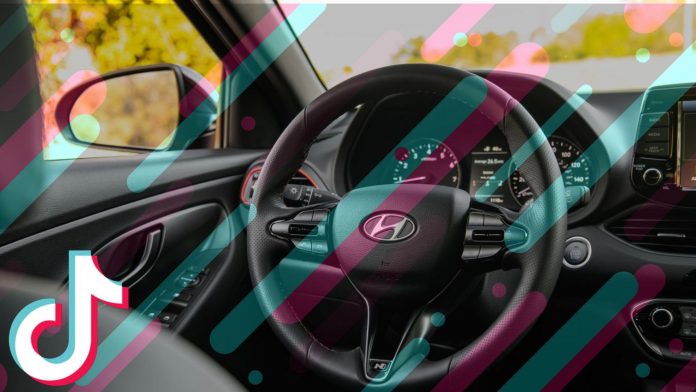If you’ve spent any time on social media over the past few months, you’ve probably seen the famous TikTok video of the “Kia Boys Challenge.” But in case you missed it, certain Kia and Hyundai models have been found to be simple targets for theft, with the main item needed to attempt the theft being a USB cable or thumb drive.
It is shown in the video that almost anyone can learn how to commit the theft, as TikTok users posted “how-to” of the crime and the joyrides that followed.
For permitting a serious security issue to be so widely used, Kia and Hyundai received a lot of angry looks and pointed fingers, so as a rapid damage control measure, the automakers provided a solution: pay $170 for a third-party security system. That approach was not well received.
A software update and some stickers were eventually supplied as a free fix by the OEMs. Although it’s unclear how much of a difference those remedies are making since State Farm and Progressive Insurers don’t think “they are doing enough.”
From model years 2010 through 2021, a few Hyundai and Kia vehicles are built without key fobs and push-start technologies, necessitating the use of a mechanical key to start the engines. Since the first videos about hot-wiring these vehicles appeared on TikTok, which show teens and other young people doing it with USB cords identical to those used to charge smartphones, police agencies have reported a major increase in the theft of these vehicles. Additionally, the substantial spike in theft has prompted State Farm and Progressive to halt any new policies on those specific models.
According to a spokesperson from State Farm, “Because theft losses for specific model years and trim levels of Hyundai and Kia vehicles have grown significantly, State Farm has temporarily halted accepting new customer applications in some areas. This significant issue affects both our clients and the broader auto insurance market.” They continue, “We take very seriously our duty to control risk and how excess claim expenses affect each and every one of our clients. In this situation, taking action to safeguard our policyholders and our company is imperative.”



